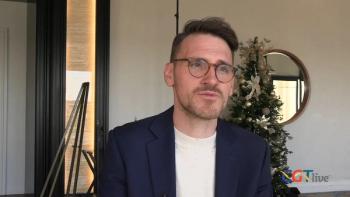
The postdoctoral researcher at Laboratory for Translational Cancer Immunology, Ludwig-Maximilians-Universität München, discussed further research his group is conducting with cell therapy.

The postdoctoral researcher at Laboratory for Translational Cancer Immunology, Ludwig-Maximilians-Universität München, discussed further research his group is conducting with cell therapy.

Alexis Thompson, MD, MPH, the chief of hematology at Children’s Hospital of Philadelphia, discussed the need to determine whether the recently approved sickle cell disease gene therapies could benefit younger patients.
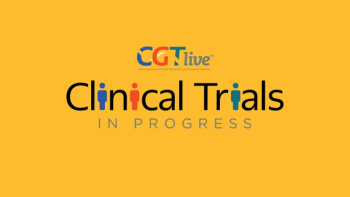
Exa-cel was recently approved for the treatment of SCD in the US, but data from the pivotal clinical trial continues to be collected.
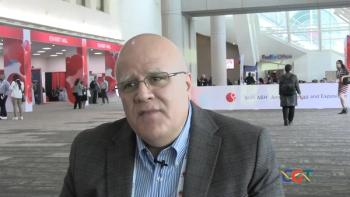
The Medical Director of Pediatric Hematology/Oncology at Sarah Cannon Research Institute discussed his experience with and reaction to the approval of Casgevy.
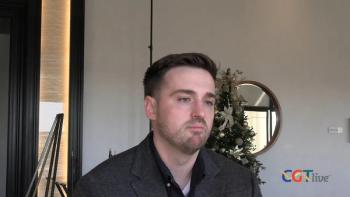
The chief hematology/oncology fellow at University of Chicago discussed real-world experience data and new analyses of patients with B-cell acute lymphoblastic leukemia treated with brexu-cel.

Alexis Thompson, MD, MPH, the chief of hematology at Children’s Hospital of Philadelphia, discussed an analysis of follow-up data for bluebird bio’s beti-cel she presented at ASH’s 2023 conference.

No unifying characteristics were found in a small subset of 6 patients from the BENEGENE-2 trial.
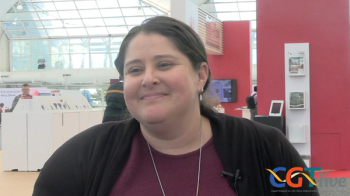
The clinical associate professor at Stanford Medicine discussed new research on patients who have received HCT or gene therapy for SCD.
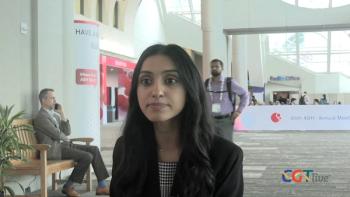
The internal medicine resident physician at University of Kansas Medical Center discussed research conducted into gender authorship rates of 13 pivotal trials published between 2017 and 2022.
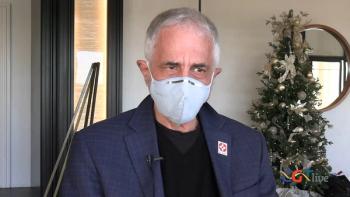
The cofounder, executive vice president, and chief medical officer, CLL Society, discussed updates in CLL research in the field in general and presented at the ASH 2023 meeting.
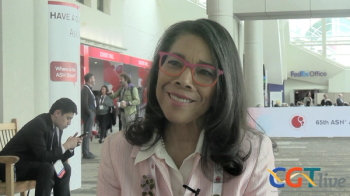
The chief of hematology at Children’s Hospital of Philadelphia discussed dual approval of the 2 gene therapies that coincided with ASH’s 2023 conference.
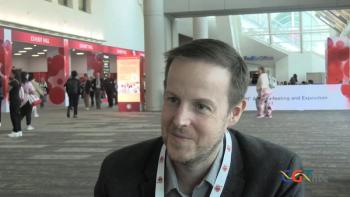
The associate professor at Peter MacCallum Cancer Centre discussed further research and questions that need to be investigated with the cell therapy.
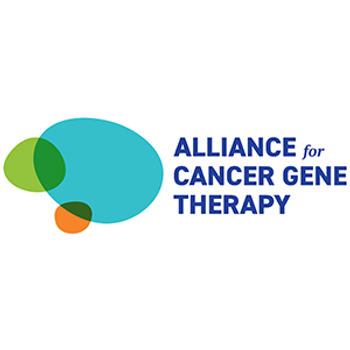
ACGT is advancing cell and gene therapy research for pancreatic tumors and other types of cancer.

Take a look back at the 2023 conference, hosted by the University of Calgary and McMaster University, and held in Banff, Alberta, Canada.
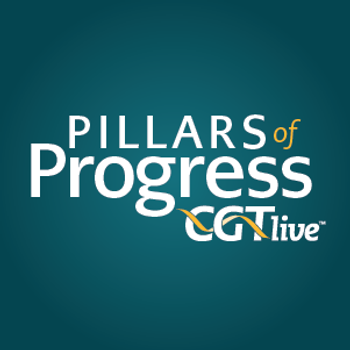
Take a look at the stories that stood out as pillars of progress and success from all of CGTLive's coverage of major 2023 medical society meetings and conferences.

Take a look at the interviews that stood out as pillars of progress and success from all of CGTLive's coverage of major 2023 medical society meetings and conferences.
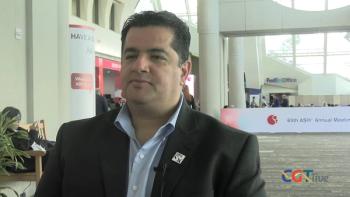
The associate professor at Fred Hutch Cancer Center discussed new data on the CD20-targeting CAR he presented at ASH 2023.
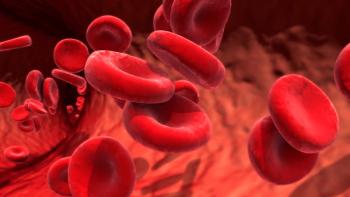
Data from an analysis of patients from the BEYOND study were presented at ASH 2023.
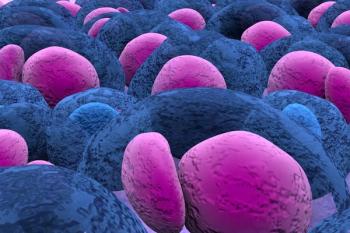
Clinical holds have been placed on BCMA-targeted CT053, GPRC5D-targeted CT071, and Claudin18.2-targeted CT041.
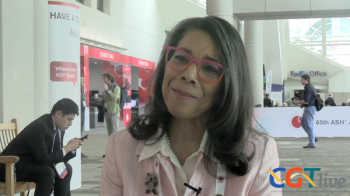
The chief of hematology at Children’s Hospital of Philadelphia discussed the updated results she presented at ASH’s 2023 conference.
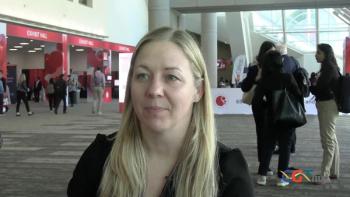
The medical Director and interim co-Chief Medical Officer at Seattle Children's Therapeutics discussed possible research to move forward with CD19 T-APCs for patients with B-ALL.

Akshay Sharma, MBBS, a bone marrow transplant physician at St. Jude Children’s Research Hospital, also gave his thoughts on the recent FDA approval of Vertex and CRISPR’s exa-cel for sickle cell disease.
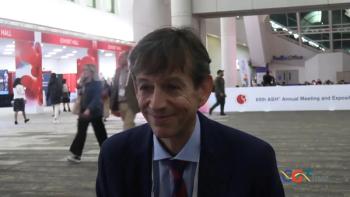
The professor of hematology at University of Lille and chair of LYSA also discussed what the group will be focusing on in 2024.

Exa-cel was recently approved for treating sickle cell disease under the name Casgevy.
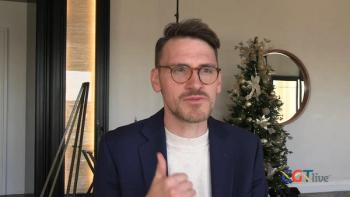
The postdoctoral researcher at Laboratory for Translational Cancer Immunology, Ludwig-Maximilians-Universität München, discussed the need for research into how CAR T-cells act differently between sexes.
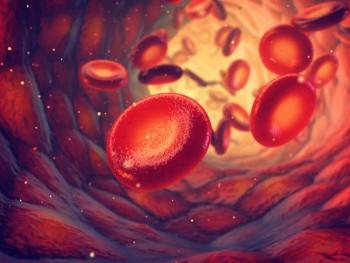
An analysis of participants from GENEr8-1 who had low transgene-derived Factor VIII expression was presented at ASH 2023.
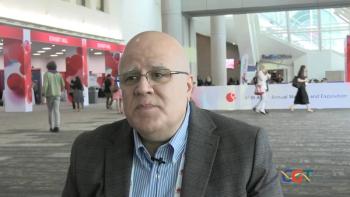
The Medical Director of Pediatric Hematology/Oncology at Sarah Cannon Research Institute discussed new data from CLIMB-121 presented at ASH 2023 supporting Casgevy's approval.

Akshay Sharma, MBBS, a bone marrow transplant physician at St. Jude Children’s Research Hospital discussed PRO data on Vertex and CRISPR’s gene-edited cell therapy for sickle cell disease.
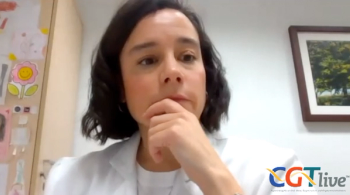
The hematologist at the University of Navarra discussed updated data from the phase KarMMa-3 trial.
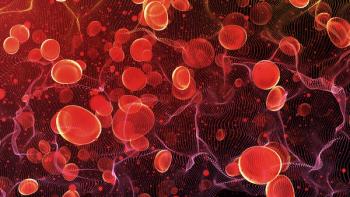
Rabi Hanna, MD, presented updated data from the RUBY and EdiThal trials at ASH 2023.